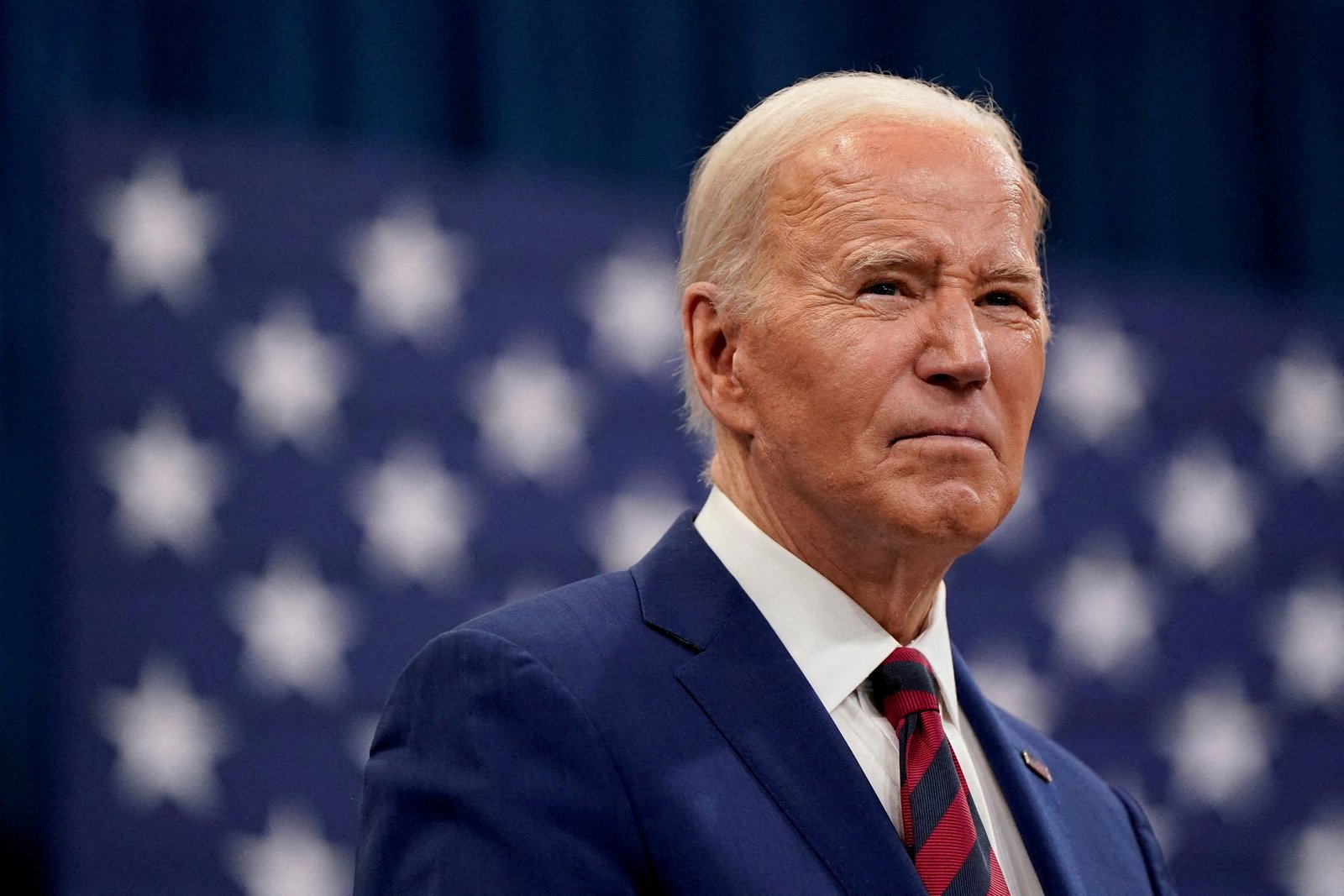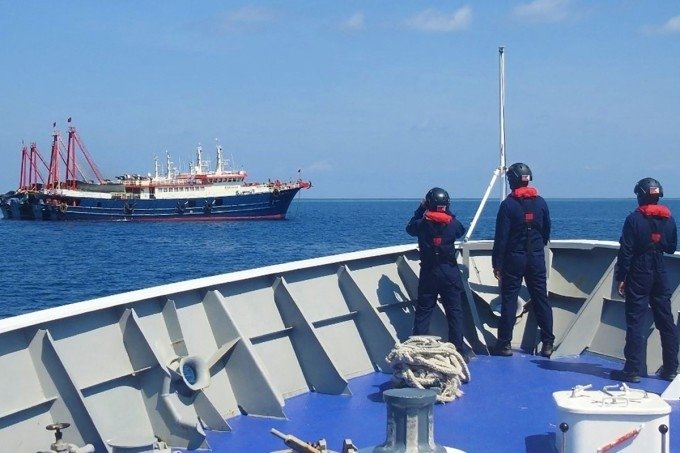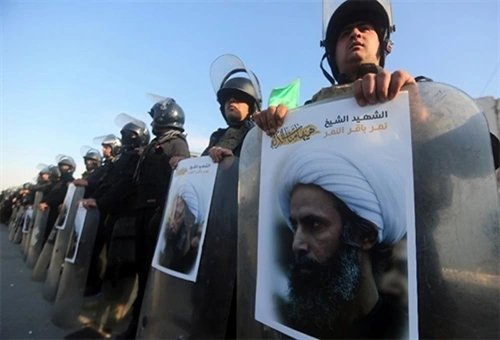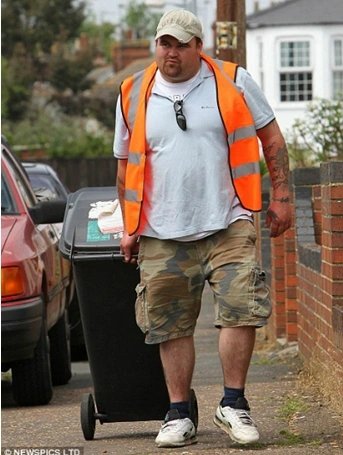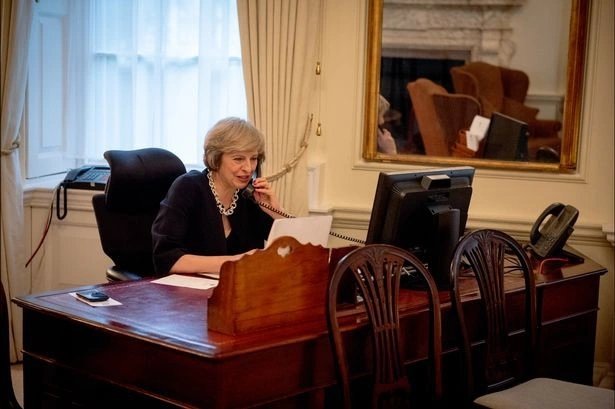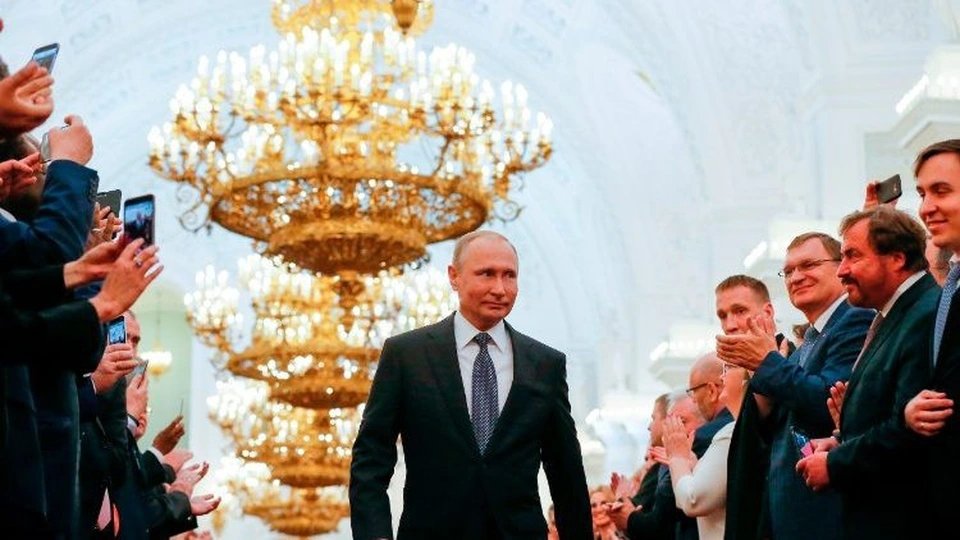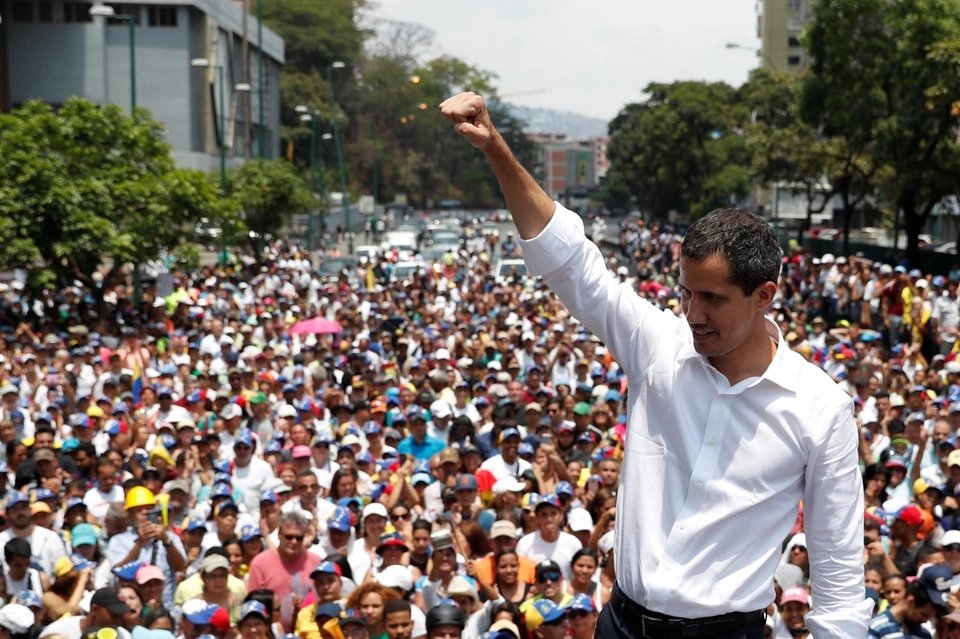
On April 26, Bulgaria’s Ministry of Economy issued a statement confirming that `natural gas supplies from Gazprom Export will be suspended from April 27`.
Polish gas company PGNiG said on the same day that Gazprom had informed them of the decision to suspend gas deliveries under the Yamal contract from April 27.
Prime Minister Mateusz Morawiecki said Poland’s gas storage facilities were 76% full and that they had other necessary supplies available in addition to the Yamal pipeline.
Poland imports liquefied gas through a storage facility on the Baltic Sea coast and hopes to receive supplies from Norway through the Baltic Pipeline project, expected to be completed by the end of this year and cover about 50% of the capacity.
An employee checks monitoring equipment at Slavyanskaya gas compressor station, the starting point of the Nord Stream 2 gas pipeline from Russia to Germany.
Bulgaria’s Energy Ministry said yesterday that state-owned gas operators Bulgargaz and Bulgartransgaz had prepared alternative supply agreements.
`Currently, there is no need to impose any restrictive measures on consumers,` the agency said.
Gas inventory data from operators in the EU shows that Bulagria’s sole storage facility in Chiren was just over 17% full on April 25.
Bulgaria is almost completely dependent on supplies from Russia with annual consumption of about 3 billion cubic meters of gas.
Bulgaria’s long-term contract with Gazprom is scheduled to expire at the end of 2022. Uncertainty about contract renewal due to tensions over the Ukraine conflict has prompted Sofia to seek alternative sources, including natural gas.
Gazprom has not yet confirmed the information about stopping gas transfers to the two countries, but Russian news agencies quoted a senior executive of the company as saying, `Poland must pay for gas according to procedures.`
Previously, the Kremlin warned EU member states that gas supplies would be cut off unless they paid in rubles.
Bulgaria’s Ministry of Energy did not specify whether it rejected this payment method, but said that `the new payment procedure proposed by Russia does not comply with the current contract valid until the end of this year`.
The European Union is a major market for Russian gas, receiving about 40% of its supply from Moscow in 2021.

Pipelines transport Russian gas to Europe.

